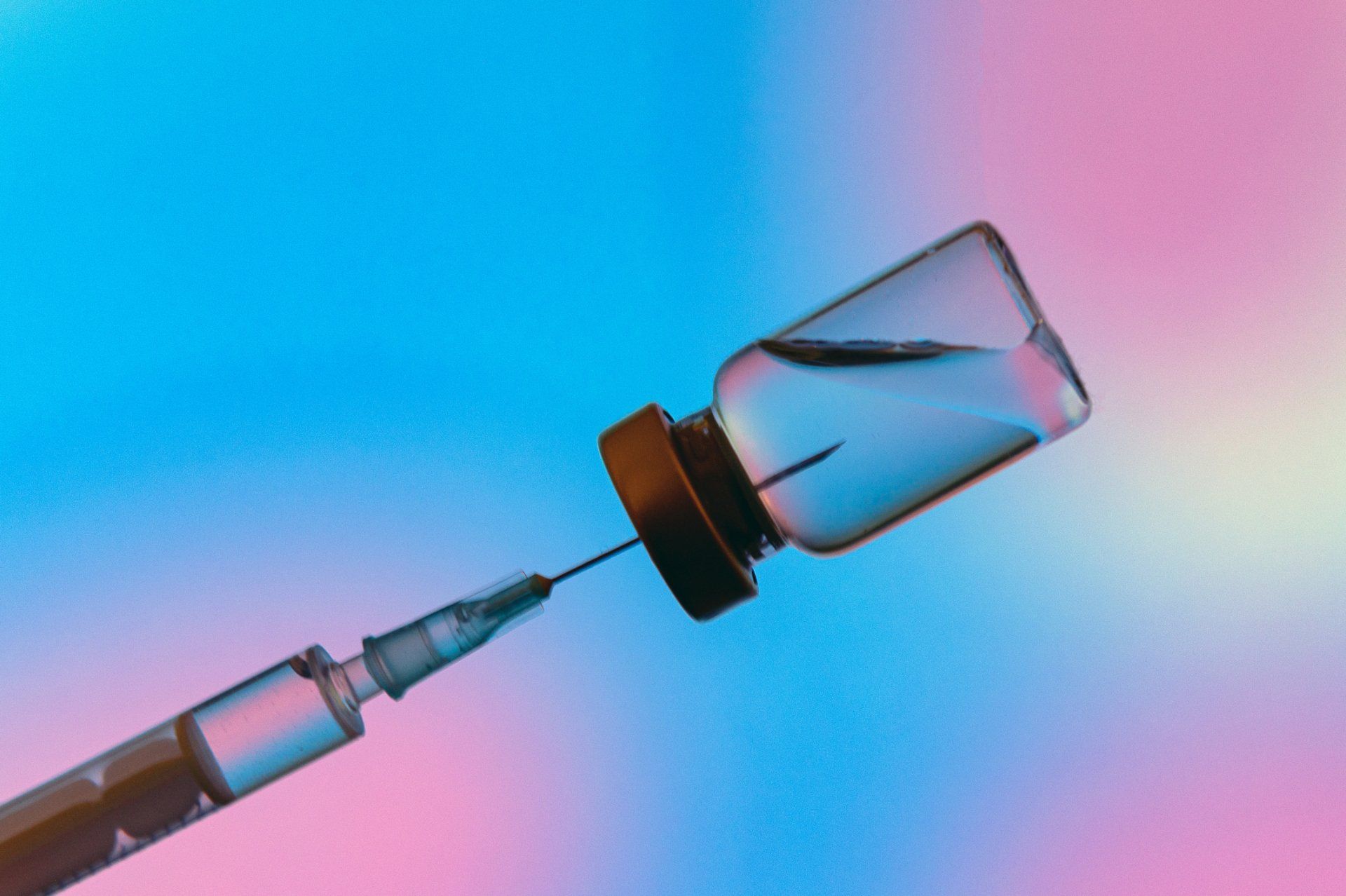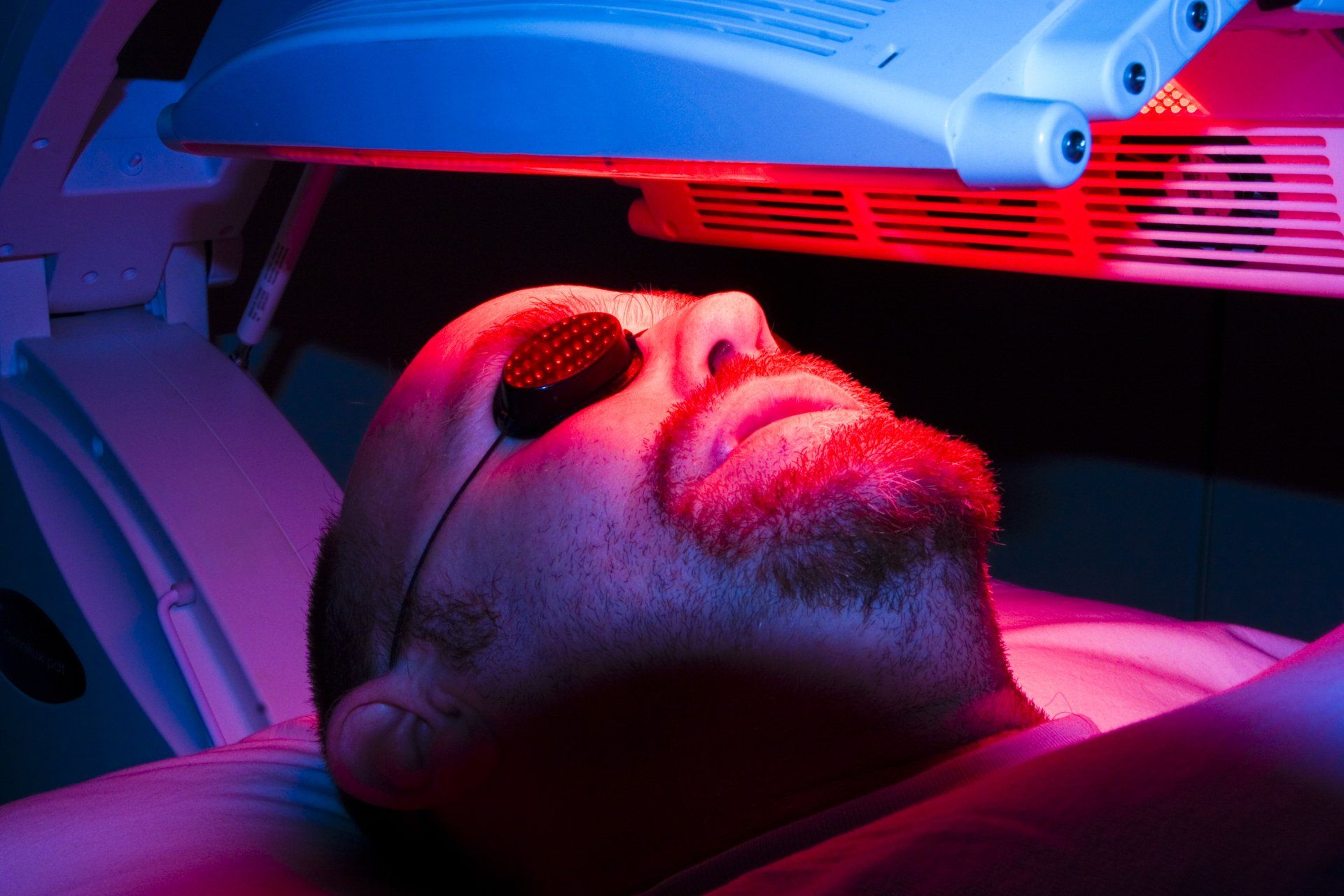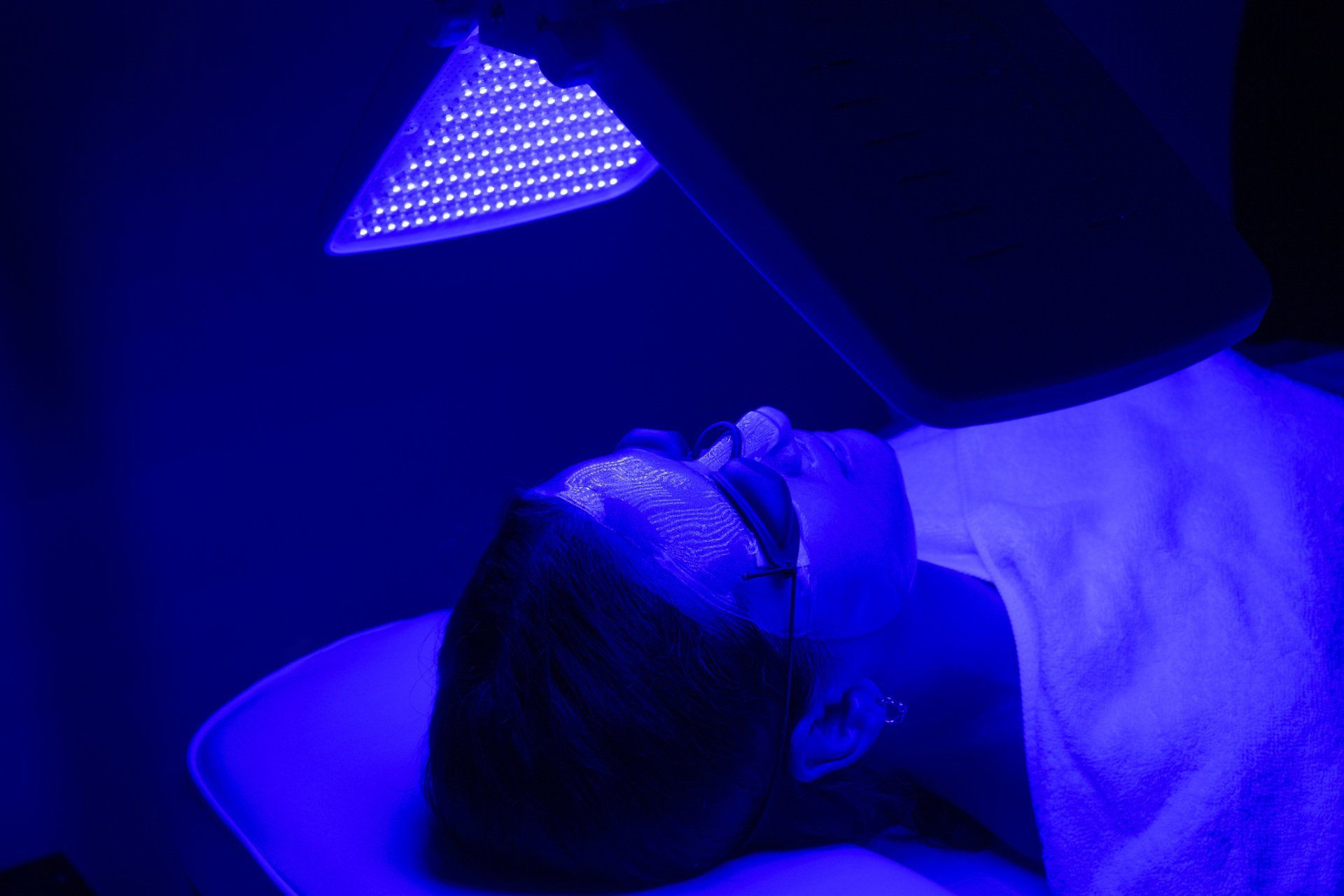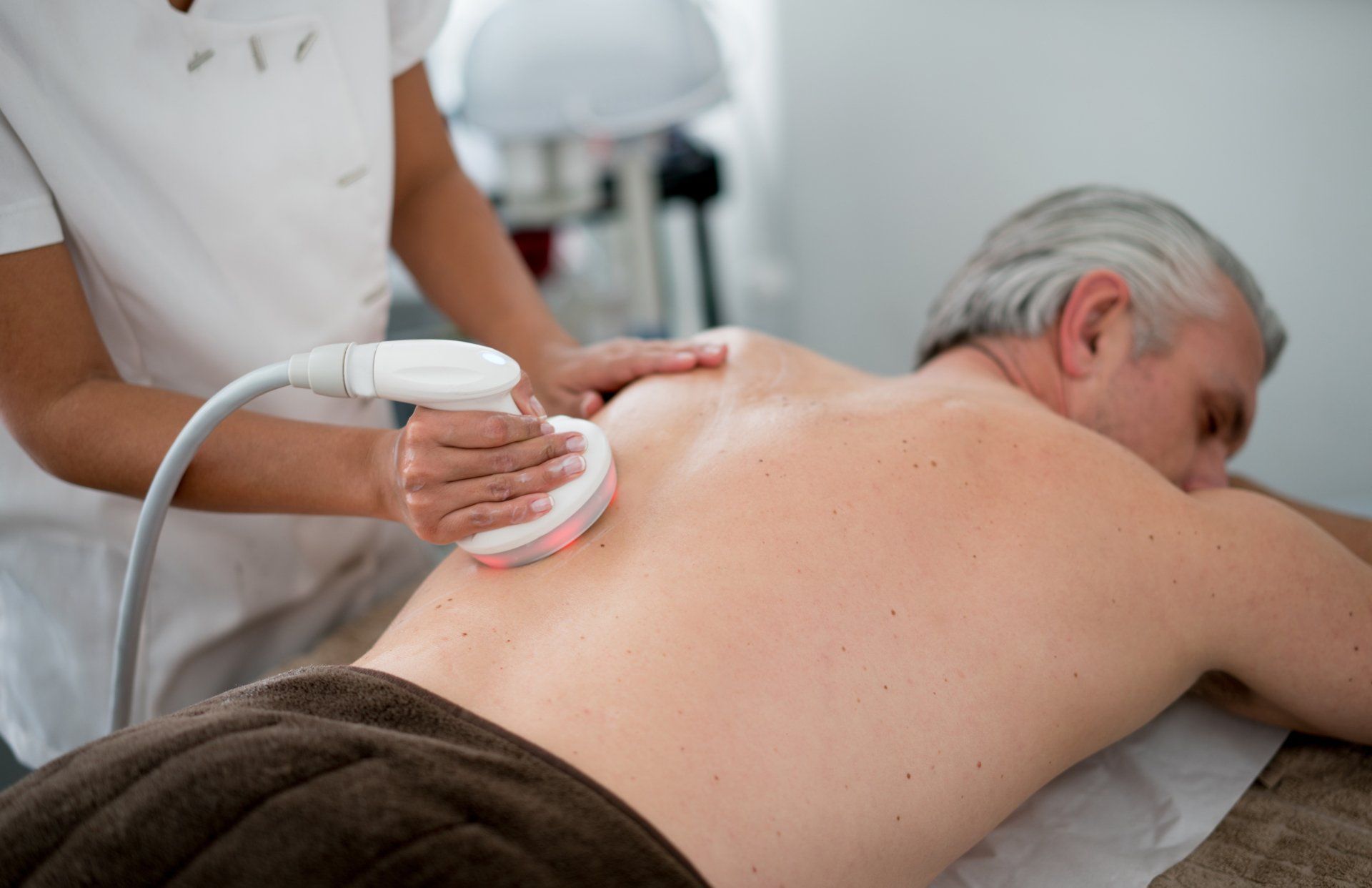Medical Services
City skyline
ButtonMohs Surgery
Getting a skin cancer diagnosis can leave you feeling uncertain or even afraid for the future. At Dermatology Specialists of Brighton in Brighton, Michigan, the skilled dermatology team offers Mohs surgery to remove as much of your cancerous lesion as possible without harming or removing your surrounding healthy skin. To learn more about the surgery and find out if it’s appropriate in your case, call Dermatology Specialists of Brighton or request an appointment online today.
Mohs Surgery Q & A
- What is Mohs surgery?
Mohs surgery is a highly precise surgical method of removing cancerous cells from your skin. With a 99% cure rate, it’s one of the most effective treatments for two of the most common types of skin cancer: basal cell carcinoma and squamous cell carcinoma.
During Mohs surgery, your dermatologist uses a scalpel to remove one thin layer of cancerous tissue from the mole at a time. They take each layer to a laboratory to examine it under a microscope to see where the cancerous cells are concentrated. They use the information from the examination to remove the next layer and repeat the process until there are no longer any cancerous cells.
- What should I expect at my Mohs surgery appointment?
When you arrive for your appointment, a provider cleans your skin, outlines the affected mole with a special pen, and injects the area with a local anesthetic to numb your skin.
You’ll sit comfortably in the office as each step of the surgery takes place, and you’re free to pass the time however you please while your dermatologist goes to the lab. You may bring a magazine, game, or book and you can use the bathroom, but you can’t leave the office until the procedure is finished.
You can expect the entire procedure to take several hours. It may not take this long, but you should reserve the rest of your day just in case. It’s impossible to tell the extent of a cancerous lesion by looking at it from the outside.
When the process is finished, your dermatologist repairs the wound by stitching the area or placing a skin graft over it.
- When is Mohs surgery an option?
Mohs surgery is a promising treatment for many skin cancer patients, but it isn’t the best option for all types of skin cancer or all patients. Your dermatologist decides that you’re a candidate for Mohs surgery if:
- The cancer was previously treated and returned
- The lesion is larger than two centimeters across
- The lesion’s borders are hard to distinguish
- The lesion is on a delicate area of skin, such as your ear, eyelids, or genitals
- You have a suppressed immune system
Your dermatologist becomes familiar with your case during your consultation and throughout any previous treatment. They let you know if they think Mohs surgery is your best option for skin cancer treatment.
If you have a new or returning spot of skin cancer, don’t hesitate to request a consultation for Mohs surgery at Dermatology Specialists of Brighton, by phone or online.
City skyline
ButtonSkin Cancer Screening
Getting a skin cancer diagnosis can leave you feeling uncertain or even afraid for the future. At Dermatology Specialists of Brighton in Brighton, Michigan, the skilled dermatology team offers Mohs surgery to remove as much of your cancerous lesion as possible without harming or removing your surrounding healthy skin. To learn more about the surgery and find out if it’s appropriate in your case, call Dermatology Specialists of Brighton or request an appointment online today.
Skin Cancer Screenings Q & A
- Why do I need skin cancer screenings?
It’s important to get professional skin cancer screenings from your dermatologist whether or not you’ve noticed an unusual blemish. Skin cancer is the most common type of cancer in the United States, so checking yourself regularly ensures that you’ll catch cancerous spots in their early stages.
When it comes to any type of cancer, starting treatment at an early stage gives you the best chance at remission. Skin cancer screenings ensure that you’re ahead of the curve with your skin’s health, especially if any risk factors apply to you.
- Am I at risk for getting skin cancer?
You are at a higher risk of getting skin cancer if you:
- Have light-toned skin
- Burn easily in the sun
- Have lots of freckles or moles
- Have blonde or red hair
- Spend lots of time in the sun
- Have family members with skin cancer
If any of these risk factors apply to you, your dermatologist may recommend more frequent screenings.
- How do skin cancer screenings work?
Skin cancer screenings are simple. They involve only a visual examination of your skin to search for physical warning signs of skin cancer. You can screen yourself at home if you know what to look for, but screenings by dermatologists are much more thorough because of their training and ability to get a close look at places that you can’t see well using just a mirror.
Moles that may be cancerous exhibit some unusual qualities:
- Changing shape, size, or color
- Bleeding or oozing
- Multicolored
- Pain when you touch it
- Itchiness
- Indistinguishable borders
If you or your dermatologist at Dermatology Specialists of Brighton find a spot that seems unusual, your dermatologist takes a biopsy, or sample, of the affected skin and sends it to a lab for testing. If they find that it’s cancerous, you’ll start an appropriate treatment plan immediately.
- When should I come in for a skin cancer screening?
Your dermatologist tells you how often you need to come to Dermatology Specialists of Brighton for professional skin cancer screenings depending on your risk factors. It’s good practice to check your own skin to the best of your ability about once per month and report anything unusual to your dermatologist.
It may help you to become familiar with the pattern of your own moles and freckles, including those in awkward places like in your armpit or underneath your breast.
Skin cancer screenings are an essential part of preventive care, especially if you spend lots of time in the sun or have fair skin. To book your next screening, request an appointment by phone or online at Dermatology Specialists of Brighton today.
Hair Removal
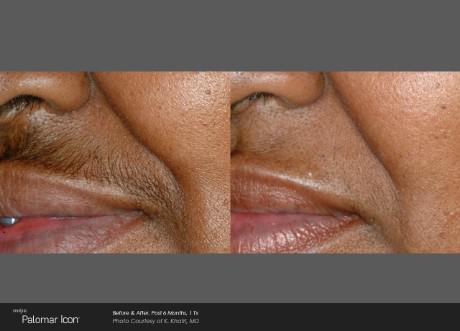 Write your caption hereButton
Write your caption hereButton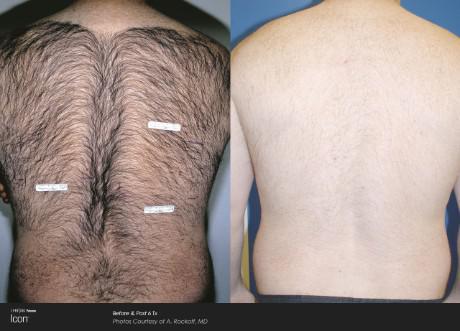
Slide title
Write your caption hereButton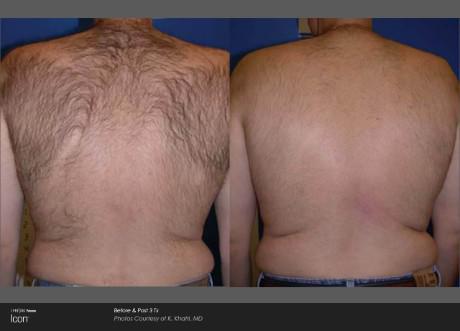
Slide title
Write your caption hereButton
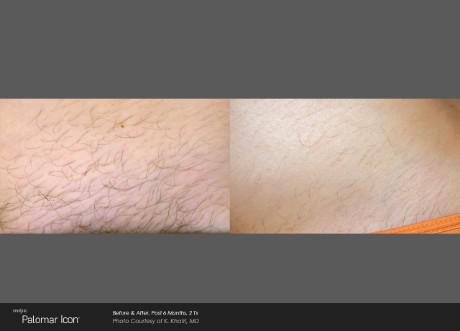 Write your caption hereButton
Write your caption hereButton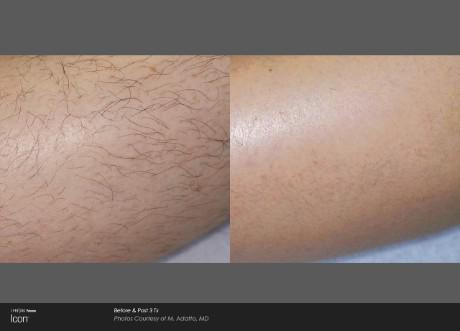
Slide title
Write your caption hereButton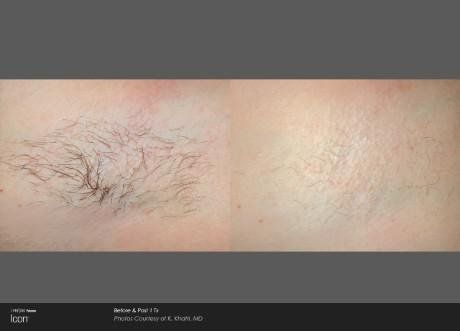
Slide title
Write your caption hereButton
Wrinkle Reduction
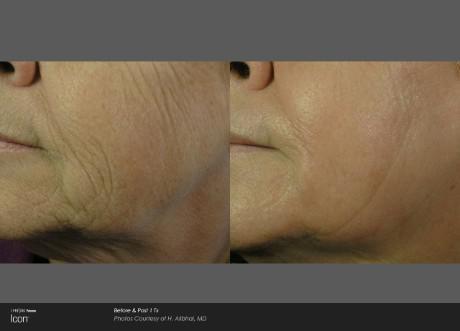 Write your caption hereButton
Write your caption hereButton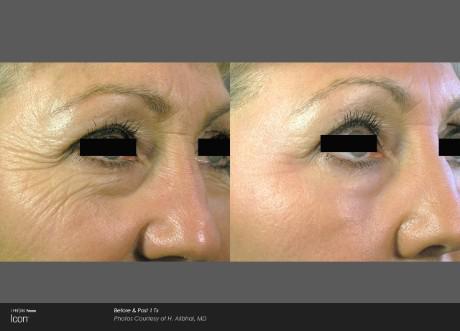
Slide title
Write your caption hereButton
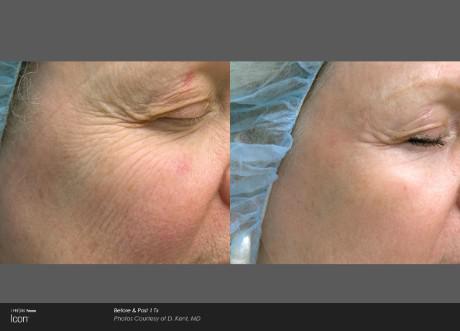 Write your caption hereButton
Write your caption hereButton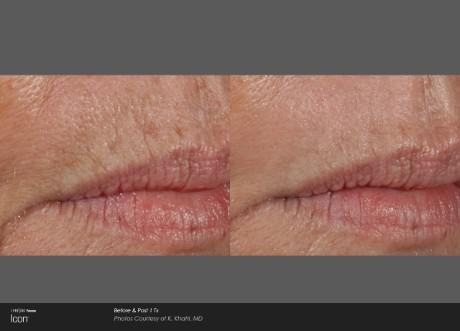
Slide title
Write your caption hereButton
SunSpot Removal
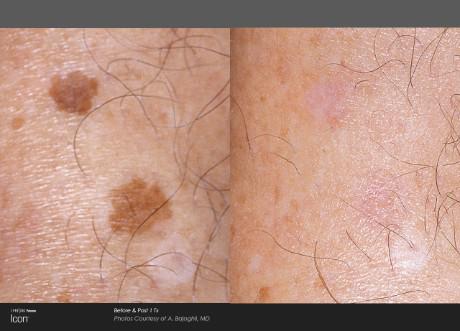 Write your caption hereButton
Write your caption hereButton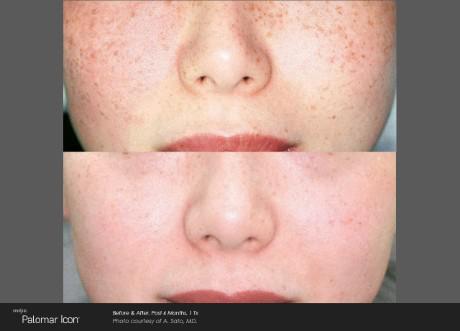
Slide title
Write your caption hereButton
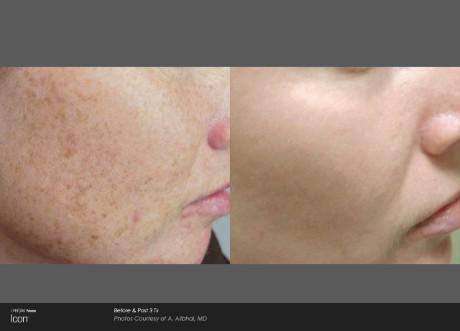 Write your caption hereButton
Write your caption hereButton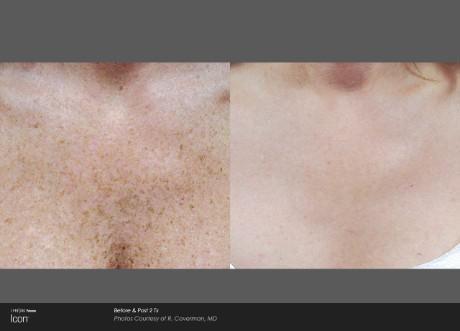
Slide title
Write your caption hereButton
3 for Me
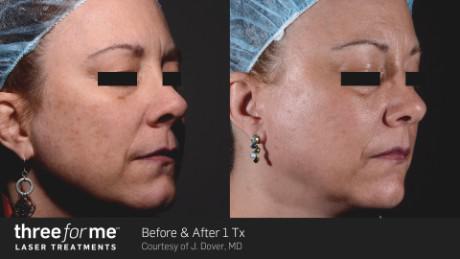 Write your caption hereButton
Write your caption hereButton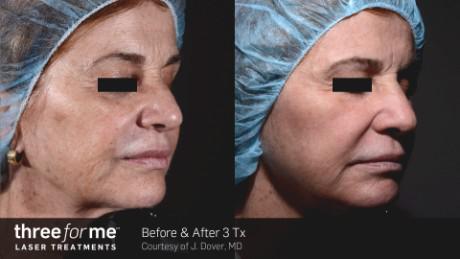
Slide title
Write your caption hereButton
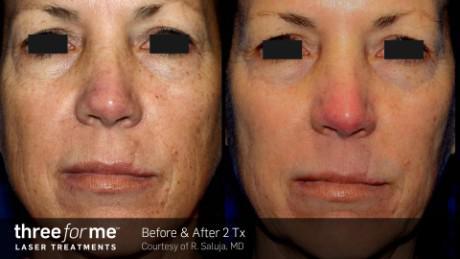 Write your caption hereButton
Write your caption hereButton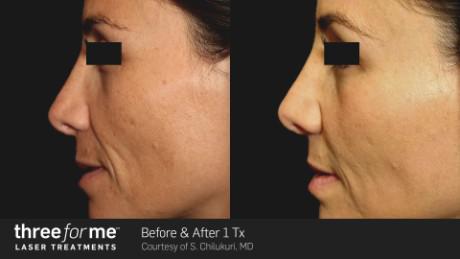
Slide title
Write your caption hereButton
Stretch Marks
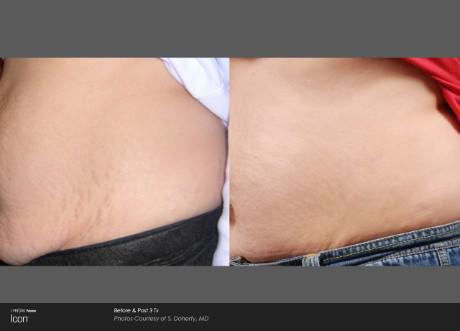 Write your caption hereButton
Write your caption hereButton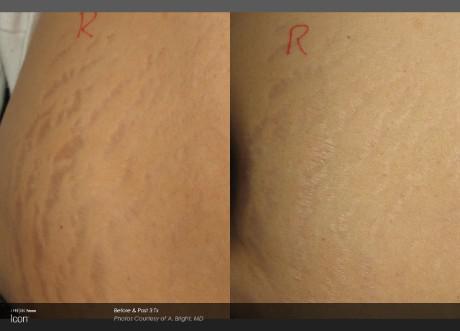
Slide title
Write your caption hereButton
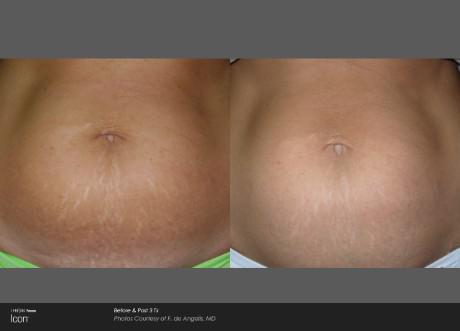 Write your caption hereButton
Write your caption hereButton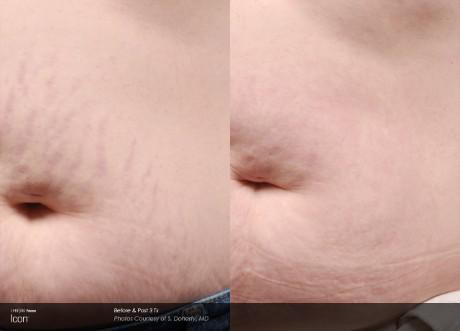
Slide title
Write your caption hereButton
Scar Removal
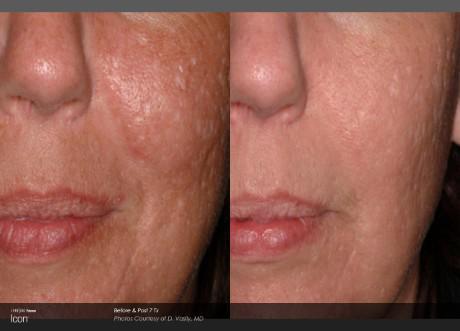 Write your caption hereButton
Write your caption hereButton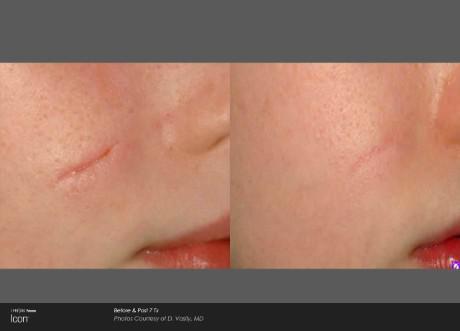
Slide title
Write your caption hereButton
 Write your caption hereButton
Write your caption hereButton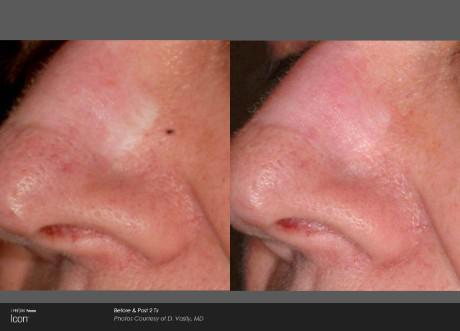
Slide title
Write your caption hereButton
City skyline
ButtonBiologic Treatments
Finding effective treatments for immune-triggered conditions, such as psoriasis and lupus, can be difficult and frustrating. With advances in medicine, many of these conditions can be improved with biologic treatments. At Dermatology Specialists of Brighton in Brighton, Michigan, the experienced team offers biologic treatments for lupus, psoriasis, atopic dermatitis, and eczema. For a consultation to discuss how biologic treatments may benefit you, call Dermatology Specialists of Brighton or book an appointment using the online tool.
Biologic Treatments Q & A
- What are biologic treatments?
Biologic treatments are a new type of drug treatment that targets the specific cells in your immune system responsible for inflammation. These medications are made from human and animal proteins.
Inflammatory conditions, such as psoriasis, develop due to an overactive immune system that creates inflammation. Traditional treatments for these immune-mediated conditions include medications that suppress the entire immune system or treatments specifically aimed at reducing the inflammation, such as corticosteroids. Biologic treatments, however, block the activation of the specific immune cells responsible for your inflammation, providing more targeted and effective treatment.
- Am I a good candidate for biologic treatment?
The team at Dermatology Specialists of Brighton determines if you’re a good candidate for biologic treatment during a consultation. The doctors offer biologic treatment for the management of:
- Psoriasis
- Atopic dermatitis
- Eczema
- Lupus
While biologic treatment is effective for the management of these immune-mediated conditions, the team may only recommend it if traditional treatments fail to improve your symptoms or your condition is severe.
If the team determines that you would benefit from biologic treatment, they conduct a comprehensive evaluation to assess your immune health and review your vaccination history. Biologic treatment suppresses your immune system and increases your risk of developing an infection, or even reactivating an old infection.
If you develop a fever or any other symptoms that indicate an infectious condition while receiving biologic treatment, the team recommends you contact them right away.
- How are biologic treatments given?
Biologic treatments are given as an injection or an intravenous (IV) infusion, depending on the type of medication and the need for your treatment. The team at Dermatology Specialists of Brighton administers your injection or you can have a family member give it to you. IV infusion of a biologic treatment must be conducted under medical supervision.
You can combine your biologic treatment with other therapies to help manage your inflammatory condition, such as topical agents or phototherapy.
Biologic treatments offer hope to those afflicted with chronic inflammatory conditions. To learn more about how the advanced treatment can help you, call Dermatology Specialists of Brighton or book an appointment online today.
City skyline
ButtonPatch Testing
Treatment for contact dermatitis centers around avoiding the substance causing your red, itchy rash. Identifying the underlying cause of your skin irritation isn’t always easy. The experienced team at Dermatology Specialists of Brighton in Brighton, Michigan offers patch testing to determine if your skin irritation is due to an allergy. To learn more about patch testing, call Dermatology Specialists of Brighton or request an appointment online today.
Patch Testing Q & A
- What is contact dermatitis?
Contact dermatitis refers to a skin rash that develops due to an irritation or allergic reaction to a specific substance. The rash isn’t life-threatening, but can be uncomfortable.
Typically, the rash develops within a few minutes to a few hours of coming into contact with the substance. To get relief from the uncomfortable symptoms, you must avoid the substance causing the reaction.
Patch testing is needed if the source of your skin rash isn’t clear or the team has concerns about an allergy.
- What is patch testing?
Patch testing is a diagnostic tool the team at Dermatology Specialists of Brighton uses to identify the allergens responsible for your contact dermatitis. During the test, numerous patches with various substances are taped to your back or arm and left undisturbed for up to 48 hours. Then, the patches are taken off and your skin is evaluated.
While it’s possible to get a skin reaction within 48 hours, it can take up to a week to develop signs that indicate an allergy. The team has you return to the office during this timeframe to monitor your skin.
A patch test isn’t the same as a skin prick test. The patch test is used specifically to test for environmental substances causing your contact dermatitis, such as soaps, fragrances, or plants. The skin prick test is used to test for food and respiratory allergies.
- How do I prepare for patch testing?
The experienced team at Dermatology Specialists of Brighton provides you with specific instructions on how to prepare for your patch testing. You may be advised to avoid the use of certain medications before your test to ensure you get the best results. The team may also request that you not apply any lotions or creams to your skin on the day of testing.
- Can I have a bad reaction during patch testing?
It’s possible to develop an itchy and uncomfortable rash during your patch testing. The team provides you with a cream to help minimize your discomfort.
It’s also possible for your skin to have an overreaction during the test, creating what’s referred to as an “angry back.” This can make identifying the substance responsible for your skin reaction difficult.
To minimize your risk of an overreaction, the team may recommend only conducting the patch test when your skin is clear.
To schedule a patch test or find out more, contact Dermatology Specialists of Brighton by phone or online today.
City skyline
ButtonPhotodynamic Treating
Skin cancer is the most common type of cancer in the United States. Carefully evaluating your skin and taking care of precancerous skin growths at the onset of their appearance can prevent a skin cancer diagnosis. At Dermatology Specialists of Brighton in Brighton, Michigan, the experienced team offers many skin cancer treatments, including photodynamic treatment to remove precancerous growths and sun-damaged skin. For an evaluation, call Dermatology Specialists of Brighton or request an appointment online today.
Photodynamic Treatment Q & A
- What is photodynamic treatment?
Photodynamic treatment is a light-based therapy the team at Dermatology Specialists of Brighton uses to treat precancerous lesions such as actinic keratosis, as well as sun-damaged skin. Actinic keratosis causes you to develop rough patches of scaly skin after years of sun exposure. While these skin growths are often benign, a small percentage become cancerous when exposed to ultraviolet light if not removed.
The team at Dermatology Specialists of Brighton can remove these patches of skin to reduce your risk of skin cancer and improve the look of your skin with photodynamic treatment.
This minimally invasive treatment involves the use of a special medication that makes the damaged cells in your skin more sensitive to certain wavelengths of light. The combination of the medication and light activates oxygen molecules in your skin that destroy the cells.
- What are the benefits of photodynamic treatment?
Photodynamic treatment offers many benefits beyond removing skin growths that increase your risk of skin cancer. The team at Dermatology Specialists of Brighton offers photodynamic treatment because it:
- Is minimally invasive
- Causes little to no scarring
- Improves the appearance, tone, and texture of your skin
Photodynamic therapy is also safe enough to be administered to the same area several times without causing long-term side effects.
- What can I expect during photodynamic treatment?
The team performs your photodynamic treatment at the office. Before treatment begins, a special liquid or lotion with the activating medication is applied to your skin and allowed to dry for 30-60 minutes. However, depending on the reason you need photodynamic treatment, the team may request that the medication be applied the day before.
Once the medication incubates for the set period of time, your dermatologist treats your skin with a special blue light that’s directly applied to your skin with a hand-held wand. You may feel some warmth and tingling during the treatment process, but a fan is used to reduce any discomfort. After your treatment, your skin is cleaned and sunblock is applied.
You’ll return to the office once your skin heals to assess the effectiveness of your treatment and repeat if necessary.
To find out if you would benefit from photodynamic treatment to remove skin growths and sun damage, call Dermatology Specialists of Brighton or request an appointment online today.
City skyline
ButtonSkin Cancer Surgery
Nearly 9,500 people in the United States are diagnosed with skin cancer every day. Treatment for skin cancer usually involves surgical removal of the lesion. The experienced team at Dermatology Specialists of Brighton in Brighton, Michigan specializes in skin cancer diagnosis and treatment, and uses the most advanced techniques to remove your cancerous growth. For a consultation with the skin experts, call Dermatology Specialists of Brighton or request an appointment online today.
Skin Cancer Surgery Q & A
- How do I know if I have skin cancer?
The team at Dermatology Specialists of Brighton recommends you conduct regular examinations of your skin to monitor for growths and changes in the appearance of moles. If you find any abnormalities, the team recommends you schedule an appointment so they can evaluate the skin growth and determine if it’s skin cancer.
While the team can make a diagnosis upon observation, you may need a biopsy of the growth to confirm that it’s cancerous. Surgical removal of the growth is the recommended treatment if your biopsy is positive.
- What is skin cancer surgery?
Skin cancer surgery refers to the methods used to remove skin cancer lesions. The team at Dermatology Specialists of Brighton specializes in skin cancer surgery and use many techniques, including:
Excision
An excision of your skin cancer is similar to a biopsy. During this procedure, your skin is numbed with a local anesthetic and the growth, along with some of the surrounding skin, is removed. Your wound is then closed with stitches.
Curettage and electrodesiccation
During curettage and electrodesiccation, your dermatologist uses a special sharp, looped instrument to scrape the lesion and destroy the surrounding tissue with an electric needle. Your dermatologist may need to repeat the process a few times during your session to remove the entire lesion.
Mohs surgery
Mohs surgery is the most advanced treatment for skin cancer. During this procedure, your lesion is removed in thin layers until your dermatologist reaches healthy, cancer-free tissue. In addition to removing the cancerous tissue, Mohs surgery also preserves your healthy tissue and causes minimal scarring.
Mohs surgery is the most effective treatment for basal cell and squamous cell carcinoma.
- How do I know what type of skin cancer surgery I need?
The team at Dermatology Specialists of Brighton determines the type of skin cancer surgery you need based on the type of skin cancer you have, the size of your lesion, and your overall health. The goal of your surgery is to get you the best possible outcomes with minimal risk of regrowth.
To discuss your skin cancer surgical options with the experts, call Dermatology Specialists of Brighton or book an appointment online today.
City skyline
ButtonPhototherapy
While you’re advised to stay out of the sun due to the damage it causes to your skin, certain bands of sunlight help treat many chronic skin conditions, such as psoriasis and vitiligo. Phototherapy at Dermatology Specialists of Brighton in Brighton, Michigan, is a treatment that provides the bands of light your skin needs to alleviate your symptoms. To learn more about the benefits of phototherapy, contact Dermatology Specialists of Brighton by phone or online today.
Phototherapy Q & A
- What is phototherapy?
Phototherapy, also referred to as light therapy, is a treatment available at Dermatology Specialists of Brighton used to treat certain chronic skin conditions that don’t respond well to traditional treatments. The band of light used for phototherapy is ultraviolet B (UVB), which is the middle band of light between the UVA (tanning light) and UVC (germ-killing) rays.
Many chronic skin conditions develop due to an overreaction of immune cells. The UVB light works by suppressing the immune cells in your skin to reduce the reaction.
- Am I a good candidate for phototherapy?
The team at Dermatology Specialists of Brighton determines if you’re a good candidate for phototherapy during your evaluation. The team may recommend phototherapy to treat:
Psoriasis
Psoriasis is a skin condition in which your skin cells grow at an abnormally fast pace, creating red, scaly patches of skin. You may benefit from phototherapy for your psoriasis if your condition is severe and traditional treatments aren’t effective at alleviating your symptoms. Phototherapy slows down the growth of your skin cells.
Vitiligo
Vitiligo occurs when your skin-pigment cells, melanocytes, no longer produce melanin, creating patches of colorless skin. In addition to the immune cells, the UVB light in phototherapy acts on your melanocytes to restore color to your skin.
Atopic dermatitis
Atopic dermatitis is a chronic skin condition that causes red, itchy skin rashes. You may benefit from phototherapy for your atopic dermatitis if topical creams fail to improve your skin condition. The light therapy reduces itching and inflammation, increases vitamin D production, and improves the bacteria-fighting powers in your skin.
Phototherapy is also used to treat other forms of eczema, including contact dermatitis, seborrheic dermatitis, and dyshidrotic eczema.
- What can I expect during phototherapy?
Phototherapy sessions are conducted at the office. Before your session starts, a moisturizing oil is applied to your skin. You’re then placed in the phototherapy booth and the light is activated, usually for a few seconds or a few minutes. The team closely documents your skin’s reaction to the light and adjusts your treatments accordingly.
To get the most benefits out of phototherapy, you’ll need regular treatments over several months. It may take up to two months of treatment before your skin shows improvements. Once your skin condition stabilizes, you can reduce the frequency of your treatments or stop while your skin condition is in remission.
To get help managing your chronic skin issues with phototherapy, contact the experienced team at Dermatology Specialists of Brighton by phone or online today.
Medical Services
Mohs Surgery
Getting a skin cancer diagnosis can leave you feeling uncertain or even afraid for the future. At Dermatology Specialists of Brighton in Brighton, Michigan, the skilled dermatology team offers Mohs surgery to remove as much of your cancerous lesion as possible without harming or removing your surrounding healthy skin. To learn more about the surgery and find out if it’s appropriate in your case, call Dermatology Specialists of Brighton or request an appointment online today.
Mohs Surgery Q & A
- What is Mohs surgery?
Mohs surgery is a highly precise surgical method of removing cancerous cells from your skin. With a 99% cure rate, it’s one of the most effective treatments for two of the most common types of skin cancer: basal cell carcinoma and squamous cell carcinoma.
During Mohs surgery, your dermatologist uses a scalpel to remove one thin layer of cancerous tissue from the mole at a time. They take each layer to a laboratory to examine it under a microscope to see where the cancerous cells are concentrated. They use the information from the examination to remove the next layer and repeat the process until there are no longer any cancerous cells.
- What should I expect at my Mohs surgery appointment?
When you arrive for your appointment, a provider cleans your skin, outlines the affected mole with a special pen, and injects the area with a local anesthetic to numb your skin.
You’ll sit comfortably in the office as each step of the surgery takes place, and you’re free to pass the time however you please while your dermatologist goes to the lab. You may bring a magazine, game, or book and you can use the bathroom, but you can’t leave the office until the procedure is finished.
You can expect the entire procedure to take several hours. It may not take this long, but you should reserve the rest of your day just in case. It’s impossible to tell the extent of a cancerous lesion by looking at it from the outside.
When the process is finished, your dermatologist repairs the wound by stitching the area or placing a skin graft over it.
- When is Mohs surgery an option?
Mohs surgery is a promising treatment for many skin cancer patients, but it isn’t the best option for all types of skin cancer or all patients. Your dermatologist decides that you’re a candidate for Mohs surgery if:
- The cancer was previously treated and returned
- The lesion is larger than two centimeters across
- The lesion’s borders are hard to distinguish
- The lesion is on a delicate area of skin, such as your ear, eyelids, or genitals
- You have a suppressed immune system
Your dermatologist becomes familiar with your case during your consultation and throughout any previous treatment. They let you know if they think Mohs surgery is your best option for skin cancer treatment.
If you have a new or returning spot of skin cancer, don’t hesitate to request a consultation for Mohs surgery at Dermatology Specialists of Brighton, by phone or online.
Skin Cancer Screening
Getting a skin cancer diagnosis can leave you feeling uncertain or even afraid for the future. At Dermatology Specialists of Brighton in Brighton, Michigan, the skilled dermatology team offers Mohs surgery to remove as much of your cancerous lesion as possible without harming or removing your surrounding healthy skin. To learn more about the surgery and find out if it’s appropriate in your case, call Dermatology Specialists of Brighton or request an appointment online today.
Skin Cancer Screenings Q & A
- Why do I need skin cancer screenings?
It’s important to get professional skin cancer screenings from your dermatologist whether or not you’ve noticed an unusual blemish. Skin cancer is the most common type of cancer in the United States, so checking yourself regularly ensures that you’ll catch cancerous spots in their early stages.
When it comes to any type of cancer, starting treatment at an early stage gives you the best chance at remission. Skin cancer screenings ensure that you’re ahead of the curve with your skin’s health, especially if any risk factors apply to you.
- Am I at risk for getting skin cancer?
You are at a higher risk of getting skin cancer if you:
- Have light-toned skin
- Burn easily in the sun
- Have lots of freckles or moles
- Have blonde or red hair
- Spend lots of time in the sun
- Have family members with skin cancer
If any of these risk factors apply to you, your dermatologist may recommend more frequent screenings.
- How do skin cancer screenings work?
Skin cancer screenings are simple. They involve only a visual examination of your skin to search for physical warning signs of skin cancer. You can screen yourself at home if you know what to look for, but screenings by dermatologists are much more thorough because of their training and ability to get a close look at places that you can’t see well using just a mirror.
Moles that may be cancerous exhibit some unusual qualities:
- Changing shape, size, or color
- Bleeding or oozing
- Multicolored
- Pain when you touch it
- Itchiness
- Indistinguishable borders
If you or your dermatologist at Dermatology Specialists of Brighton find a spot that seems unusual, your dermatologist takes a biopsy, or sample, of the affected skin and sends it to a lab for testing. If they find that it’s cancerous, you’ll start an appropriate treatment plan immediately.
- When should I come in for a skin cancer screening?
Your dermatologist tells you how often you need to come to Dermatology Specialists of Brighton for professional skin cancer screenings depending on your risk factors. It’s good practice to check your own skin to the best of your ability about once per month and report anything unusual to your dermatologist.
It may help you to become familiar with the pattern of your own moles and freckles, including those in awkward places like in your armpit or underneath your breast.
Skin cancer screenings are an essential part of preventive care, especially if you spend lots of time in the sun or have fair skin. To book your next screening, request an appointment by phone or online at Dermatology Specialists of Brighton today.
Laser Treatments
Each year, more men and women opt for laser treatments and intense pulsed light (IPL) to improve their skin without injections, topical products, or invasive procedures. At Dermatology Specialists of Brighton in Brighton, Michigan, you can get expert laser treatments to permanently reduce your body hair or help heal unwanted scars and blemishes. To explore your skin’s healing potential with the help of lasers, call Dermatology Specialists of Brighton or request an appointment online today.
Laser Treatments Q & A
- What are laser treatments?
Laser treatments are fast and simple noninvasive procedures that use bright beams of light to improve your skin, remove your body hair, or otherwise aid in cosmetic adjustments. Lasers are concentrated, single-wavelength beams of light that precisely penetrate certain layers of your skin or types of cells. The heat from the laser promotes cell regeneration and collagen fiber production for firmness and healing.
In the same category as laser treatments are procedures using intense pulsed light (IPL). Unlike a laser, an IPL device blasts many wavelengths of light at once. It has many of the same cosmetic capabilities as a laser device, including hair removal and skin improvement.
- What can laser treatments do?
Laser and IPL treatments can diminish or eliminate many common skin concerns. Your dermatologist decides which type of light device works best to meet your goals.
Lasers and IPL can:
- Remove unwanted body hair
- Reduce freckles and sunspots
- Heal acne scars
- Diminish wrinkles and fine lines
- Reduce visible spider veins and varicose veins
In general, IPL treatments work best when targeting pigment in your skin, like redness, dark spots, or blue veins. They can also target the pigment in your hair follicles for effective hair removal.
- What do laser treatments feel like?
Laser treatments often cause a tingling sensation that is usually tolerable for patients. Your dermatologist at Dermatology Specialists of Brighton may offer you a topical numbing cream to keep you comfortable if you’re targeting an area of sensitive skin.
Patients often compare the sensation from an IPL to that of bee stings or a snapping rubber band. Your dermatologist may offer you an anesthetic if you’re sensitive to such sensations.
- Are laser treatments safe?
Laser treatments are extremely safe when a licensed, trained dermatologist gives them to you. It’s possible that you’ll notice a few mild side effects, but most of them go away within just one or two days. They may include:
- Bleeding
- Redness
- Swelling
- Changes in your skin color
If you’re worried at all about laser treatments, don’t be afraid to ask lots of questions during your consultation or before your procedure begins and talk through your concerns.
If you’re interested in the healing capabilities of powerful lights like lasers and IPL, call Dermatology Specialists of Brighton or book an appointment online today.
Hair Removal
 Write your caption hereButton
Write your caption hereButton
Slide title
Write your caption hereButton
Slide title
Write your caption hereButton
 Write your caption hereButton
Write your caption hereButton
Slide title
Write your caption hereButton
Slide title
Write your caption hereButton
Wrinkle Reduction
 Write your caption hereButton
Write your caption hereButton
Slide title
Write your caption hereButton
 Write your caption hereButton
Write your caption hereButton
Slide title
Write your caption hereButton
SunSpot Removal
 Write your caption hereButton
Write your caption hereButton
Slide title
Write your caption hereButton
 Write your caption hereButton
Write your caption hereButton
Slide title
Write your caption hereButton
3 for Me
 Write your caption hereButton
Write your caption hereButton
Slide title
Write your caption hereButton
 Write your caption hereButton
Write your caption hereButton
Slide title
Write your caption hereButton
Stretch Marks
 Write your caption hereButton
Write your caption hereButton
Slide title
Write your caption hereButton
 Write your caption hereButton
Write your caption hereButton
Slide title
Write your caption hereButton
Scar Removal
 Write your caption hereButton
Write your caption hereButton
Slide title
Write your caption hereButton
 Write your caption hereButton
Write your caption hereButton
Slide title
Write your caption hereButton
Biologic Treatments
Finding effective treatments for immune-triggered conditions, such as psoriasis and lupus, can be difficult and frustrating. With advances in medicine, many of these conditions can be improved with biologic treatments. At Dermatology Specialists of Brighton in Brighton, Michigan, the experienced team offers biologic treatments for lupus, psoriasis, atopic dermatitis, and eczema. For a consultation to discuss how biologic treatments may benefit you, call Dermatology Specialists of Brighton or book an appointment using the online tool.
Biologic Treatments Q & A
- What are biologic treatments?
Biologic treatments are a new type of drug treatment that targets the specific cells in your immune system responsible for inflammation. These medications are made from human and animal proteins.
Inflammatory conditions, such as psoriasis, develop due to an overactive immune system that creates inflammation. Traditional treatments for these immune-mediated conditions include medications that suppress the entire immune system or treatments specifically aimed at reducing the inflammation, such as corticosteroids. Biologic treatments, however, block the activation of the specific immune cells responsible for your inflammation, providing more targeted and effective treatment.
- Am I a good candidate for biologic treatment?
The team at Dermatology Specialists of Brighton determines if you’re a good candidate for biologic treatment during a consultation. The doctors offer biologic treatment for the management of:
- Psoriasis
- Atopic dermatitis
- Eczema
- Lupus
While biologic treatment is effective for the management of these immune-mediated conditions, the team may only recommend it if traditional treatments fail to improve your symptoms or your condition is severe.
If the team determines that you would benefit from biologic treatment, they conduct a comprehensive evaluation to assess your immune health and review your vaccination history. Biologic treatment suppresses your immune system and increases your risk of developing an infection, or even reactivating an old infection.
If you develop a fever or any other symptoms that indicate an infectious condition while receiving biologic treatment, the team recommends you contact them right away.
- How are biologic treatments given?
Biologic treatments are given as an injection or an intravenous (IV) infusion, depending on the type of medication and the need for your treatment. The team at Dermatology Specialists of Brighton administers your injection or you can have a family member give it to you. IV infusion of a biologic treatment must be conducted under medical supervision.
You can combine your biologic treatment with other therapies to help manage your inflammatory condition, such as topical agents or phototherapy.
Biologic treatments offer hope to those afflicted with chronic inflammatory conditions. To learn more about how the advanced treatment can help you, call Dermatology Specialists of Brighton or book an appointment online today.
Patch Testing
Treatment for contact dermatitis centers around avoiding the substance causing your red, itchy rash. Identifying the underlying cause of your skin irritation isn’t always easy. The experienced team at Dermatology Specialists of Brighton in Brighton, Michigan offers patch testing to determine if your skin irritation is due to an allergy. To learn more about patch testing, call Dermatology Specialists of Brighton or request an appointment online today.
Patch Testing Q & A
- What is contact dermatitis?
Contact dermatitis refers to a skin rash that develops due to an irritation or allergic reaction to a specific substance. The rash isn’t life-threatening, but can be uncomfortable.
Typically, the rash develops within a few minutes to a few hours of coming into contact with the substance. To get relief from the uncomfortable symptoms, you must avoid the substance causing the reaction.
Patch testing is needed if the source of your skin rash isn’t clear or the team has concerns about an allergy.
- What is patch testing?
Patch testing is a diagnostic tool the team at Dermatology Specialists of Brighton uses to identify the allergens responsible for your contact dermatitis. During the test, numerous patches with various substances are taped to your back or arm and left undisturbed for up to 48 hours. Then, the patches are taken off and your skin is evaluated.
While it’s possible to get a skin reaction within 48 hours, it can take up to a week to develop signs that indicate an allergy. The team has you return to the office during this timeframe to monitor your skin.
A patch test isn’t the same as a skin prick test. The patch test is used specifically to test for environmental substances causing your contact dermatitis, such as soaps, fragrances, or plants. The skin prick test is used to test for food and respiratory allergies.
- How do I prepare for patch testing?
The experienced team at Dermatology Specialists of Brighton provides you with specific instructions on how to prepare for your patch testing. You may be advised to avoid the use of certain medications before your test to ensure you get the best results. The team may also request that you not apply any lotions or creams to your skin on the day of testing.
- Can I have a bad reaction during patch testing?
It’s possible to develop an itchy and uncomfortable rash during your patch testing. The team provides you with a cream to help minimize your discomfort.
It’s also possible for your skin to have an overreaction during the test, creating what’s referred to as an “angry back.” This can make identifying the substance responsible for your skin reaction difficult.
To minimize your risk of an overreaction, the team may recommend only conducting the patch test when your skin is clear.
To schedule a patch test or find out more, contact Dermatology Specialists of Brighton by phone or online today.
Photodynamic Treating
Skin cancer is the most common type of cancer in the United States. Carefully evaluating your skin and taking care of precancerous skin growths at the onset of their appearance can prevent a skin cancer diagnosis. At Dermatology Specialists of Brighton in Brighton, Michigan, the experienced team offers many skin cancer treatments, including photodynamic treatment to remove precancerous growths and sun-damaged skin. For an evaluation, call Dermatology Specialists of Brighton or request an appointment online today.
Photodynamic Treatment Q & A
- What is photodynamic treatment?
Photodynamic treatment is a light-based therapy the team at Dermatology Specialists of Brighton uses to treat precancerous lesions such as actinic keratosis, as well as sun-damaged skin. Actinic keratosis causes you to develop rough patches of scaly skin after years of sun exposure. While these skin growths are often benign, a small percentage become cancerous when exposed to ultraviolet light if not removed.
The team at Dermatology Specialists of Brighton can remove these patches of skin to reduce your risk of skin cancer and improve the look of your skin with photodynamic treatment.
This minimally invasive treatment involves the use of a special medication that makes the damaged cells in your skin more sensitive to certain wavelengths of light. The combination of the medication and light activates oxygen molecules in your skin that destroy the cells.
- What are the benefits of photodynamic treatment?
Photodynamic treatment offers many benefits beyond removing skin growths that increase your risk of skin cancer. The team at Dermatology Specialists of Brighton offers photodynamic treatment because it:
- Is minimally invasive
- Causes little to no scarring
- Improves the appearance, tone, and texture of your skin
Photodynamic therapy is also safe enough to be administered to the same area several times without causing long-term side effects.
- What can I expect during photodynamic treatment?
The team performs your photodynamic treatment at the office. Before treatment begins, a special liquid or lotion with the activating medication is applied to your skin and allowed to dry for 30-60 minutes. However, depending on the reason you need photodynamic treatment, the team may request that the medication be applied the day before.
Once the medication incubates for the set period of time, your dermatologist treats your skin with a special blue light that’s directly applied to your skin with a hand-held wand. You may feel some warmth and tingling during the treatment process, but a fan is used to reduce any discomfort. After your treatment, your skin is cleaned and sunblock is applied.
You’ll return to the office once your skin heals to assess the effectiveness of your treatment and repeat if necessary.
To find out if you would benefit from photodynamic treatment to remove skin growths and sun damage, call Dermatology Specialists of Brighton or request an appointment online today.
Skin Cancer Surgery
Nearly 9,500 people in the United States are diagnosed with skin cancer every day. Treatment for skin cancer usually involves surgical removal of the lesion. The experienced team at Dermatology Specialists of Brighton in Brighton, Michigan specializes in skin cancer diagnosis and treatment, and uses the most advanced techniques to remove your cancerous growth. For a consultation with the skin experts, call Dermatology Specialists of Brighton or request an appointment online today.
Skin Cancer Surgery Q & A
- How do I know if I have skin cancer?
The team at Dermatology Specialists of Brighton recommends you conduct regular examinations of your skin to monitor for growths and changes in the appearance of moles. If you find any abnormalities, the team recommends you schedule an appointment so they can evaluate the skin growth and determine if it’s skin cancer.
While the team can make a diagnosis upon observation, you may need a biopsy of the growth to confirm that it’s cancerous. Surgical removal of the growth is the recommended treatment if your biopsy is positive.
- What is skin cancer surgery?
Skin cancer surgery refers to the methods used to remove skin cancer lesions. The team at Dermatology Specialists of Brighton specializes in skin cancer surgery and use many techniques, including:
Excision
An excision of your skin cancer is similar to a biopsy. During this procedure, your skin is numbed with a local anesthetic and the growth, along with some of the surrounding skin, is removed. Your wound is then closed with stitches.
Curettage and electrodesiccation
During curettage and electrodesiccation, your dermatologist uses a special sharp, looped instrument to scrape the lesion and destroy the surrounding tissue with an electric needle. Your dermatologist may need to repeat the process a few times during your session to remove the entire lesion.
Mohs surgery
Mohs surgery is the most advanced treatment for skin cancer. During this procedure, your lesion is removed in thin layers until your dermatologist reaches healthy, cancer-free tissue. In addition to removing the cancerous tissue, Mohs surgery also preserves your healthy tissue and causes minimal scarring.
Mohs surgery is the most effective treatment for basal cell and squamous cell carcinoma.
- How do I know what type of skin cancer surgery I need?
The team at Dermatology Specialists of Brighton determines the type of skin cancer surgery you need based on the type of skin cancer you have, the size of your lesion, and your overall health. The goal of your surgery is to get you the best possible outcomes with minimal risk of regrowth.
To discuss your skin cancer surgical options with the experts, call Dermatology Specialists of Brighton or book an appointment online today.
Phototherapy
While you’re advised to stay out of the sun due to the damage it causes to your skin, certain bands of sunlight help treat many chronic skin conditions, such as psoriasis and vitiligo. Phototherapy at Dermatology Specialists of Brighton in Brighton, Michigan, is a treatment that provides the bands of light your skin needs to alleviate your symptoms. To learn more about the benefits of phototherapy, contact Dermatology Specialists of Brighton by phone or online today.
Phototherapy Q & A
- What is phototherapy?
Phototherapy, also referred to as light therapy, is a treatment available at Dermatology Specialists of Brighton used to treat certain chronic skin conditions that don’t respond well to traditional treatments. The band of light used for phototherapy is ultraviolet B (UVB), which is the middle band of light between the UVA (tanning light) and UVC (germ-killing) rays.
Many chronic skin conditions develop due to an overreaction of immune cells. The UVB light works by suppressing the immune cells in your skin to reduce the reaction.
- Am I a good candidate for phototherapy?
The team at Dermatology Specialists of Brighton determines if you’re a good candidate for phototherapy during your evaluation. The team may recommend phototherapy to treat:
Psoriasis
Psoriasis is a skin condition in which your skin cells grow at an abnormally fast pace, creating red, scaly patches of skin. You may benefit from phototherapy for your psoriasis if your condition is severe and traditional treatments aren’t effective at alleviating your symptoms. Phototherapy slows down the growth of your skin cells.
Vitiligo
Vitiligo occurs when your skin-pigment cells, melanocytes, no longer produce melanin, creating patches of colorless skin. In addition to the immune cells, the UVB light in phototherapy acts on your melanocytes to restore color to your skin.
Atopic dermatitis
Atopic dermatitis is a chronic skin condition that causes red, itchy skin rashes. You may benefit from phototherapy for your atopic dermatitis if topical creams fail to improve your skin condition. The light therapy reduces itching and inflammation, increases vitamin D production, and improves the bacteria-fighting powers in your skin.
Phototherapy is also used to treat other forms of eczema, including contact dermatitis, seborrheic dermatitis, and dyshidrotic eczema.
- What can I expect during phototherapy?
Phototherapy sessions are conducted at the office. Before your session starts, a moisturizing oil is applied to your skin. You’re then placed in the phototherapy booth and the light is activated, usually for a few seconds or a few minutes. The team closely documents your skin’s reaction to the light and adjusts your treatments accordingly.
To get the most benefits out of phototherapy, you’ll need regular treatments over several months. It may take up to two months of treatment before your skin shows improvements. Once your skin condition stabilizes, you can reduce the frequency of your treatments or stop while your skin condition is in remission.
To get help managing your chronic skin issues with phototherapy, contact the experienced team at Dermatology Specialists of Brighton by phone or online today.




